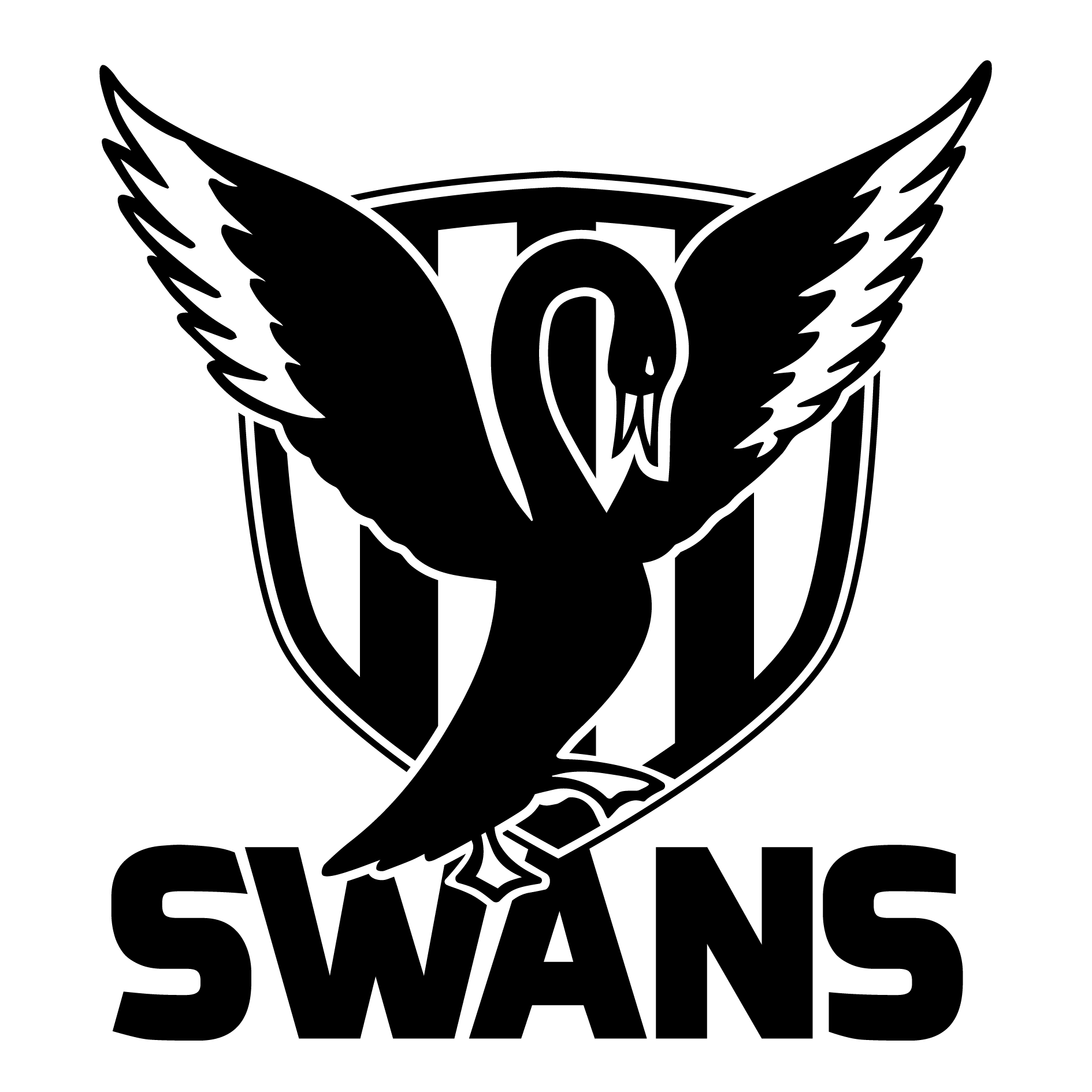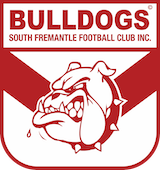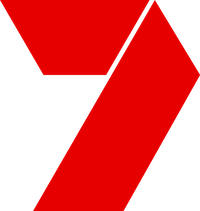Select grade below
- Round 2Sat, 12 Apr 20257:10 PM
 VS
VS Sullivan Logistics Stadium
Sullivan Logistics Stadium - Round 3Sat, 19 Apr 20252:30 PM
 VS
VS Fremantle Community Bank Oval
Fremantle Community Bank Oval - Round 4Sat, 26 Apr 20252:30 PM
 VS
VS Steel Blue Oval
Steel Blue Oval - Round 5Sat, 3 May 20252:30 PM
 VS
VS Steel Blue Oval
Steel Blue Oval - Round 6Sat, 10 May 20257:10 PM
 VS
VS Sullivan Logistics Stadium
Sullivan Logistics Stadium - Round 7Sat, 24 May 20252:30 PM
 VS
VS Steel Blue Oval
Steel Blue Oval - Round 8Sat, 31 May 20252:30 PM
 VS
VS Steel Blue Oval
Steel Blue Oval - Round 10Sat, 14 Jun 20252:30 PM
 VS
VS Steel Blue Oval
Steel Blue Oval - Round 11Sat, 21 Jun 20252:30 PM
 VS
VS East Fremantle Oval
East Fremantle Oval - Round 12Sat, 28 Jun 20252:30 PM
 VS
VS Steel Blue Oval
Steel Blue Oval - Round 13Sat, 5 Jul 20254:10 PM
 VS
VS Joondalup Arena
Joondalup Arena - Round 14Sat, 12 Jul 20252:30 PM
 VS
VS Steel Blue Oval
Steel Blue Oval - Round 15Sat, 19 Jul 20252:10 PM
 VS
VS Mineral Resources Park
Mineral Resources Park - Round 17Sat, 2 Aug 20252:30 PM
 VS
VS Steel Blue Oval
Steel Blue Oval - Round 18Sat, 9 Aug 20252:30 PM
 VS
VS Revo Fitness Stadium
Revo Fitness Stadium - Round 19Sat, 16 Aug 20255:40 PM
 VS
VS Mineral Resources Park
Mineral Resources Park - Round 20Sat, 23 Aug 20252:30 PM
 VS
VS Lane Group Stadium
Lane Group Stadium
The Swans Strategic Plan Delivering Results

Swan Districts Football Club has made significant gains over the past couple of years with its current strategic plan. This has put the club on a secure financial footing while also increasing its relevance and building a sustainable business model. This stronger off field performance has now put the club in a position to start rebuilding its men’s football program.
The club is now in the final stages of creating its Football Strategic Plan 2020 – 2024. This five year plan will provide sustainable and enduring success in all WAFL and WAFLW grades. “We now have the resources to enhance our men’s football program and continue to build our successful WAFLW program”, says club President Peter Hodyl.
“We’ll reset the club’s football culture and brand. We’ll create a strong value proposition for coaches and players so Swans will become a destination club they want to join. However, it’s important that all of our supporters understand we must build this in a manner that provides both sustainable and enduring results. Anything else will only provide a quick sugar fix and possibly take the club back to the dark days. The club’s improved financial position will provide the resources we need to deliver on this plan, although it must be done in a measured, transparent and accountable way”.
In the last couple of seasons the club has been focussing on delivering the objectives outlined in its Strategic Plan 2018 – 2022. These fall under the key pillars of business sustainability, developing people, building community and football development.
The club is now debt free after reaching a peak debt of over $700,000 in 2012.
It has continued to increase operating surpluses in recent years with this year’s forecast surplus being $300,000 (after depreciation). It’s also made strong improvements in the balance sheet shown by an improved working capital ratio (from 0.57 in 2017 to forecast 1.0 this year) and increasing its non-current assets by an additional $300k. This includes $90,000 spent on urgent leasehold improvements over the past two years to ensure the clubrooms are safe and compliant.
It’s the first time in almost 10 years the club has been in a cash positive position and is now building cash reserves to protect the club from any future unforeseen external financial shocks.
While being busy improving the club’s books, it’s also managed to fund its important transition to a new business model.
Club President Peter Hodyl says, “Our entire strategic plan concentrates on two deliverables – relevance and sustainability. That’s financial sustainability and a sustainable business model including enduring and sustainable football success”.
“It’s been a whole of business strategic approach. We have to get the business principles right. We reset the club’s purpose, vision and values and over the past couple of years we’ve been putting our shoulder to the wheel to deliver results. Our new business model also builds on our traditional football incomes by creating new revenue streams that will ensure the club will have a very bright future. It’s critical that everything we do is on value, on strategy and on brand”.
The key to a strong sporting club is a sustainable business model that remains profitable when the team underperforms. Boom and bust performances present a high risk and is a dangerous way to run a not for profit organisation. The Board remains committed to safeguarding the club’s future.
Other current initiatives which align with the club’s strategic plan include:
- Working closely with Local and State governments on a business case to redevelop the club’s facilities to become a financially sustainable community hub.
- Expanding the club’s women’s football program including building a new $200,000 women’s changeroom and providing additional football support staff and services.
- Increasing the club’s audiences through its community outreach programs and the new WAFL and WAFLW match day activation strategy.
- Establishing a strong connection with community through partnerships with government and non-government bodies and community groups including junior football clubs in the Swans Community.
- Creating a new Coaching Centre of Excellence helping develop club coaches and also provide additional training, guidance and resources for junior club coaches in the Swans Community.
- Continued improvements in financial accountability, transparency and becoming even more strategically focussed.
- Partnering with ECU to develop a contemporary digital media strategy helping connect and engage with more supporters.











